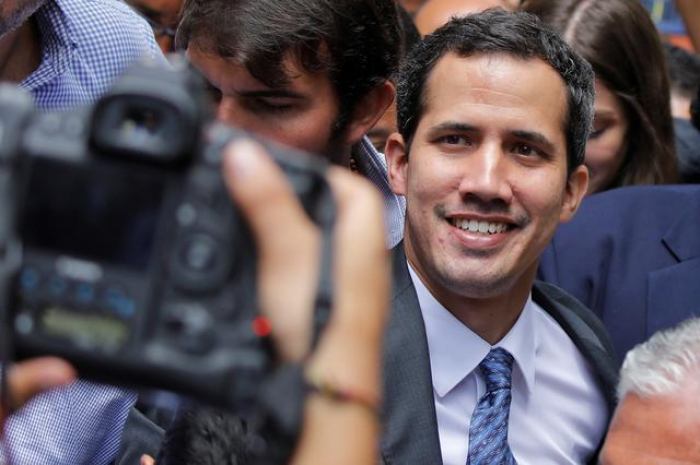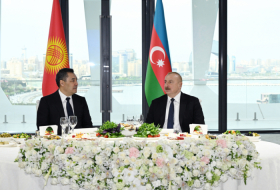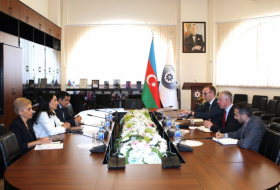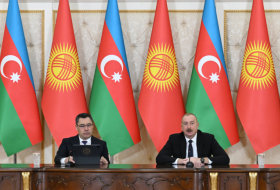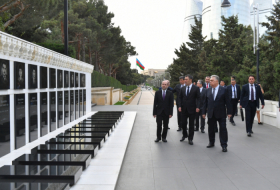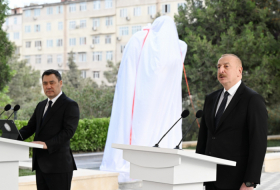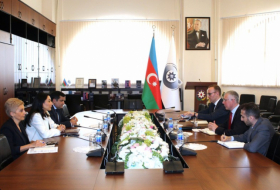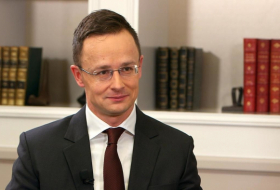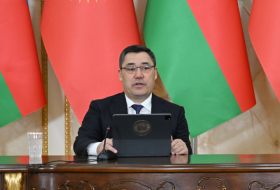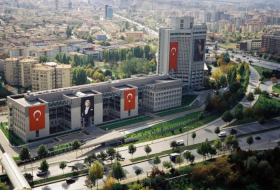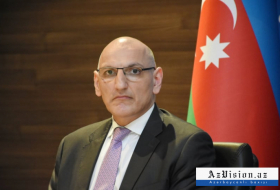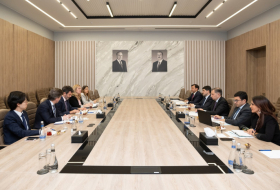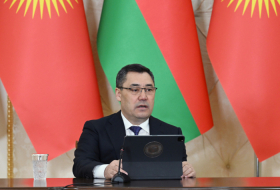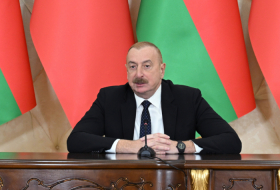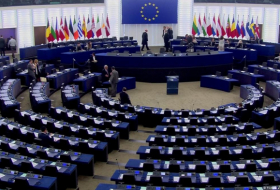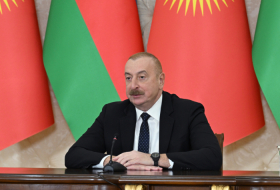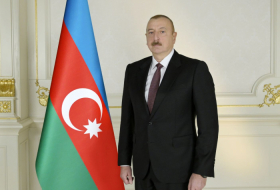The congress chief wants to secure control of the U.S. subsidiary of Venezuelan state-run energy firm PDVSA as he seeks to assemble an interim government. Controlling Citgo and other assets outside Venezuela, especially those that generate revenue, would provide him with much-needed funds.
PDVSA, Citgo and Venezuela’s oil ministry did not respond to requests for comments.
Guaido invoked a constitutional provision to assume the presidency three weeks ago, arguing that the re-election last year of President Nicolas Maduro was a sham. Most Western countries, including the United States, have recognized Guaido as Venezuela’s legitimate head of state, but Maduro retains control of state institutions.
The proposed board would be composed of Venezuelans Luisa Palacios, Angel Olmeta, Luis Urdaneta and Edgar Rincon, all of whom are currently living in the United States, plus two American Citgo employees. They would be assigned specific tasks by Guaido’s team to secure operational and financial control while resolving internal disputes, said the people, who were not authorized to speak publicly.
Guaido’s advisers have been recruiting from a wide range of Venezuelan energy executives in recent weeks, the people said. Some have declined to join his proposed board.
Palacios, who holds a doctorate from the Johns Hopkins School of Advanced International Studies, has been head of emerging markets and Latin American research at consultancy Medley Global Advisors. She did not respond to a request for comment.
Olmeta and Urdaneta were top executives at PDVSA and Citgo, and Rincon worked as senior vice president of operations at energy firm Nabors Industries Ltd, according to their LinkedIn profiles. They could not immediately be reached for comment.
Two top American executives currently working for Citgo, Vice President of Refining, Art Klein, and chief strategy officer, Rick Esser, also would join the board, the people said. They did not respond to requests for comment.
Maduro calls Guaido’s claim to the presidency an attempted U.S.-backed coup and promised he will not allow Citgo to be “stolen.”
“We have protected the nation’s assets and that is hurting them,” Guaido said in a speech on Tuesday, in reference to Maduro’s government.
Citgo’s U.S. headquarters have been torn into factions by the political battle. PDVSA last week sought to remove U.S. citizens from its board and huddled over a legal strategy to block the expected appointments. Some Venezuelan executives have been recalled to Caracas, others dismissed, and some Maduro loyalists suddenly reappeared, people familiar with the company’s operations said.
Washington also has been closely involved in talks on the fate of Citgo, which owns about 4 percent of U.S. oil refining capacity. The unit runs refineries in Illinois, Texas, and Louisiana, operates fuel pipelines and terminals, and supplies a retail network of 5,500 gas station across 29 U.S. states.
Esser has been making routine decisions as Citgo’s current president, Asdrubal Chavez, and his closest collaborators have run the company from the Bahamas, where a Citgo executive office was opened last year, three people at the Houston-based firm said.
The mechanics of how the new board would take over are unclear, and there are likely to be court challenges to the board’s authority, people familiar with the deliberations said.
A long fight in U.S. courts could jeopardize Guaido’s attempt to control operation of Citgo’s refineries and gain access to the millions of dollars of dividends Citgo generates each year. The company has been barred from paying dividends to PDVSA and the cash is believed to have accrued on its books.
His plan for Citgo recently was revised to give the proposed board a timeline to act and specific directions, while offering candidates protection from liability over allegations linked to PDVSA, some of which are under investigation by U.S. authorities.
More about: #Venezuela








